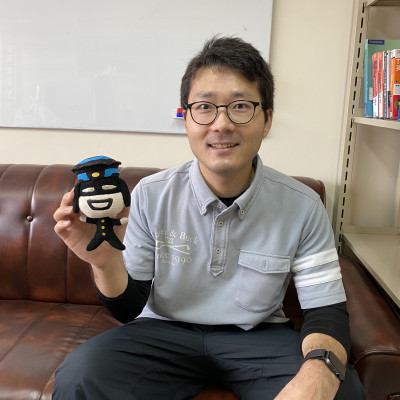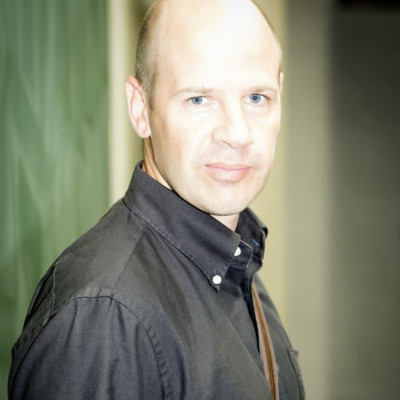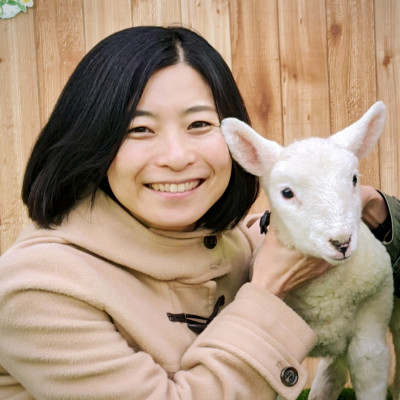Sessions /
Redefining accessibility in language learning
#170
Teachers are having to consider an increasing range of learner needs as learning environments become more diverse. Learners with special needs are one example. According to JASSO (2019), the percentage of students with disabilities in post-secondary education has increased from 0.44% to 1.05% since 2014. However, only 28% of university language classes offer support for students with disabilities (Tonooka, 2015). The Act for Eliminating Discrimination against Persons with Disabilities requires teachers to provide reasonable accommodation for learners with special needs. This change reflects shifting of the notion of disability from impairment to inaccessibility to learning resources. It is essential that language teachers consider how they can redefine the notion of accessibility in language learning in order to improve overall learning experiences. This poster session highlights various learner needs that are prevalent in language classes. These include communicative, physiological, psychological, social, and cognitive differences. Presenters will share their insights into developing accessible learning. There is no “one-size-fits-all” pedagogy for language learning. The goal of this session is to facilitate discussions on raising awareness, improving accessibility, and considering how teachers can best support learners with special needs. Participants are welcome to share their classroom stories concerning accessibility in language learning.


